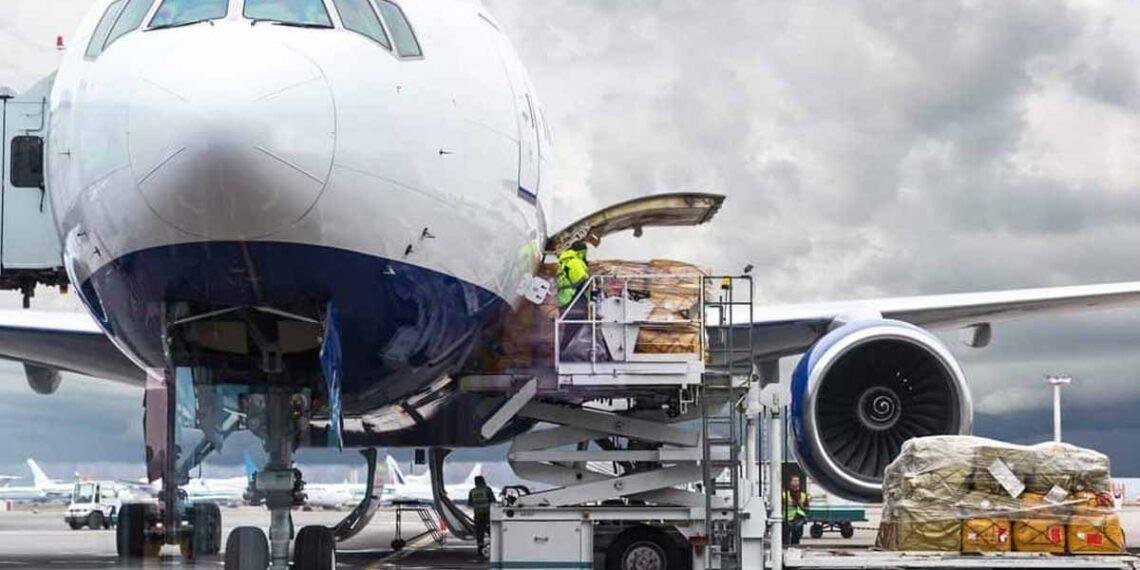The International Air Transport Association (IATA) has released data for global air cargo markets showing slower growth in November 2021. Supply chain disruptions and capacity constraints impacted demand, despite economic conditions remaining favourable for the sector.
This was contained in a press release by the Air Transport Association, made available for publication on January 11, 2022.
The statement compared the monthly distortion of air cargo transportation due to the impact of COVID-19.
According to the press statement global demand, measured in cargo tonne-kilometres, went up by 3.7% compared to November 2019. This was significantly lower than the 8.2% growth seen in October 2021.
Capacity was 7.6% below November 2019, which was relatively unchanged from October.
The report also highlights a high level of labour shortages, due to employees being in quarantine, insufficient storage space at some airports, and processing backlogs exacerbated by the year-end.
The retail sales in the US and China remain strong. The US retail sales were 23.5% above November 2019 levels while global goods trade rose 4.6% in October, compared to pre-crisis levels, the best rate of growth was in June.
The recent surge in air cargo capacity is due to the increase in COVID-19 cases in many advanced economies which has created strong demand for PPE shipments, usually carried by air.
Read also: The Evolution of Healthcare Service in Nigeria
“Air cargo growth was halved in November compared to October because of supply chain disruptions. All economic indicators pointed towards continued strong demand, but the pressures of labour shortages and constraints across the logistics system unexpectedly resulted in lost growth opportunities. Manufacturers, for example, were unable to get vital goods to where they were needed, including PPE. Governments must act quickly to relieve pressure on global supply chains before it permanently dents the shape of the economic recovery from COVID-19,” said Willie Walsh, IATA’s Director-General.
While Africa got the lowest word share of 1.7 percent, Asia got the highest share of 32.7 percent. Europe got 22.1 percent, North America 28.1 percent, Middle East 13.0 percent, and Latin America 2.8 percent.
The statement urged the government to ensure that aircrew operations are not hindered by COVID-19 restrictions designed for air travelers and provide innovative policy incentives to address labour shortages where they exist.






